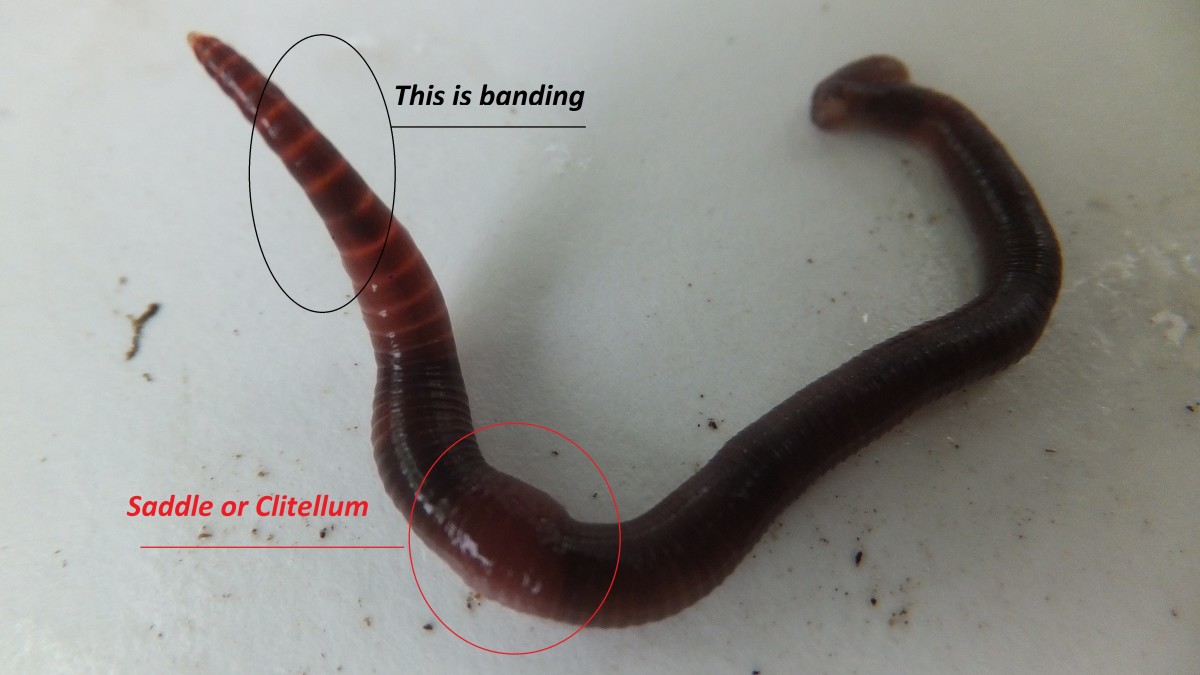Organic Composting with Red Wiggler Worms - Increase Your Yard's Growth
Organic Composting with Red Wiggler Worms - Increase Your Yard's Growth
Blog Article
Red Wiggler Worms Demystified: Opening the Secrets of Vermiculture for Greener Living and Nutrient-Rich Dirt
In the world of sustainable methods for improving dirt quality and advertising eco-conscious living, red wiggler worms play a critical yet typically neglected function. Red Wiggler Worms. Recognizing the ins and outs of caring for these worms, optimizing their atmosphere, and harnessing their castings can lead to a greener lifestyle and much healthier dirt for plants to flourish.
The Function of Red Wiggler Worms
Red Wiggler worms play an important role in composting systems by successfully damaging down raw material into nutrient-rich castings. These voracious eaters eat a variety of natural materials, such as cooking area scraps, backyard waste, and paper products. As they feed, the worms' digestion procedures break down the organic matter right into a fine, dark, and nutrient-dense product referred to as worm spreadings or vermicompost.
The castings created by Red Wiggler worms are highly beneficial for dirt wellness and plant growth. They are rich in necessary nutrients like potassium, phosphorus, and nitrogen, which are vital for supporting healthy and balanced plant advancement. In addition, worm castings consist of helpful microorganisms and enzymes that help boost soil structure, boost water retention, and enhance nutrient uptake by plants.
Advantages of Vermicomposting

It improves soil framework, enhances soil oygenation, and raises dirt dampness retention. Vermicompost additionally improves the dirt with vital nutrients like nitrogen, phosphorus, and potassium, advertising plant development and overall dirt fertility.
Additionally, vermicomposting assistances sustainable horticulture practices by giving a chemical-free and natural option to synthetic fertilizers. Red Wiggler Worms. This environmentally friendly strategy not only enriches the soil however likewise helps lower reliance on unsafe chemicals, advertising a greener and a lot more sustainable way of horticulture
Establishing Up a Worm Bin
When establishing a worm bin for vermicomposting, proper setup is essential to ensure the success of the composting process. The initial step in establishing a worm bin is selecting a suitable container. This can be a plastic bin or wood box that supplies enough area for the worms to walk around and has appropriate water drainage openings to avoid waterlogging. Next off, a bedding product such as shredded paper, cardboard, or coconut coir should be contributed to the bin. This bedding supplies a comfortable atmosphere for the worms and helps maintain moisture degrees.
After including the bed linens, introduce the red wiggler worms to the bin. The worms should then be supplied with food scraps such as fruit and veggie peels, coffee grounds, and eggshells.
Consistently keep an eye on the moisture degrees and temperature level in the worm bin to make certain ideal problems for the worms. With proper configuration and maintenance, the worm bin will properly convert natural waste right into nutrient-rich garden compost for your plants and yard.
Gathering Worm Castings
To successfully gather nutrient-rich worm castings from your vermicomposting system, an organized harvesting approach is vital. When it comes time to gather the worm castings, there are a couple of vital actions to follow to ensure a successful procedure.

Troubleshooting Common Issues
Identifying and attending to common difficulties that may emerge during the vermicomposting process is crucial for preserving a healthy and balanced and productive worm bin. Adding excess food scraps can lead to a build-up of dampness and level of acidity in the worm container, possibly harming the worms. One more problem is undesirable odors rising from the worm bin.
Additionally, if the worm populace is decreasing or the worms appear harmful, it could be due to ecological stress factors such as severe temperatures or pH levels. Keeping track of these aspects and making required adjustments is necessary for the health of the worms. By fixing these typical issues quickly, vermicomposters can guarantee a effective and smooth vermicomposting process while preserving a growing worm populace.

Conclusion
In final thought, red wiggler worms play a critical function in vermiculture by breaking down organic matter right into nutrient-rich dirt. Establishing up a worm bin is essential for successful vermiculture, and harvesting worm castings gives valuable garden compost for gardening.
As they feed, the worms' gastrointestinal procedures damage down the natural matter into a penalty, dark, and nutrient-dense material recognized as worm castings or vermicompost.
The spreadings produced by Red Wiggler worms are very beneficial for dirt health and wellness and plant development. Adding excess food scraps can lead to a build-up of moisture and acidity in the worm bin, potentially harming the worms.Additionally, if the worm populace is decreasing or the worms appear unhealthy, it could be visit this site right here due to ecological stress factors such as extreme temperature levels or pH degrees. Full Article Establishing up a worm container is important for effective vermiculture, and collecting worm castings offers beneficial garden compost for gardening.
Report this page